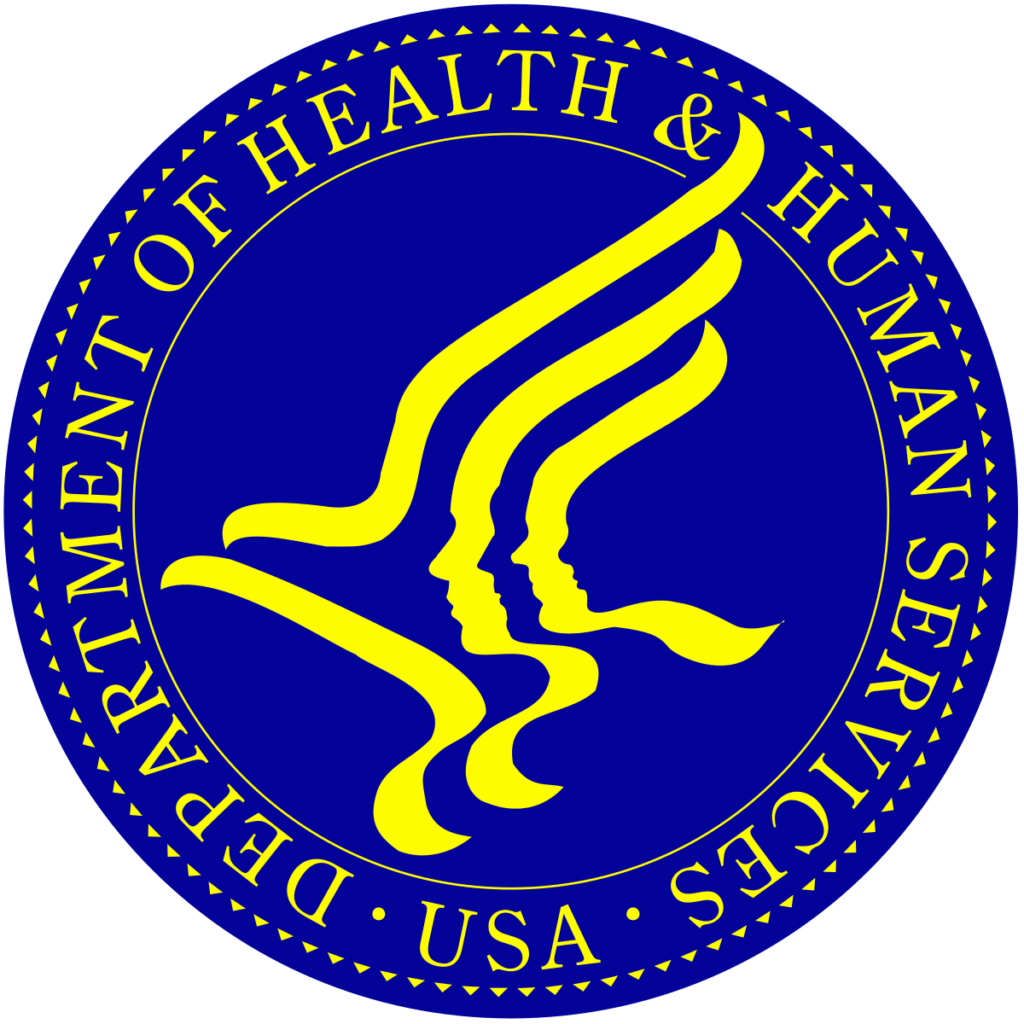Employment Law Report
HHS Announces Rule to Protect Consumers from Surprise Medical Bills

On July 1, 2021, the U.S. Department of Health and Human Services (HHS), Department of Labor, Department of Treasury, and the Office of Personnel Management jointly issued “Requirements Related to Surprise Billing; Part I”, an interim final rule (IFC) that will restrict excessive out of pocket costs to consumers from surprise billing and balance billing.
Surprise billing occurs when people unknowingly get care from providers that are outside of their health plan’s network. When a person with a group health plan or health insurance coverage gets care from an out-of-network provider, their health plan or issuer usually does not cover the entire out-of-network cost, leaving them with higher costs than if they had been seen by an in-network provider. In many cases, the out-of-network provider can bill the person for the difference between the billed charge and the amount paid by their plan or insurance, unless prohibited by state law. This is known as “balance billing.” An unexpected balance bill is called a surprise bill.
This IFC protects patients from surprise bills under certain circumstances, including:
- Banning surprise billing for emergency services provided at emergency department of hospitals and independent freestanding emergency departments.
- Banning high out-of-network cost-sharing for emergency and non-emergency services. Patient cost-sharing cannot be higher than if such services were provided by an in-network doctor.
- Banning out-of-network charges for ancillary care (e.g., anesthesiologist or assistant surgeon services) at an in-network facility.
- Banning other out-of-network charges without advance notice, and requiring health care providers to provide patients with a plain-language notice explaining that patient consent is required to receive care on an out-of-network basis.
The new regulations will take effect for health care providers and facilities on January 1, 2022. For group health plans, health insurance issuers, and Federal Employees Health Benefits Program carriers, the provisions will take effect for plan, policy, or contract years beginning on or after January 1, 2022. Comments are due to CMS within 60 days after publication of the IFC in the Federal Register.
Additional information about the IFC can be found from HHS here and from CMS here and here.
